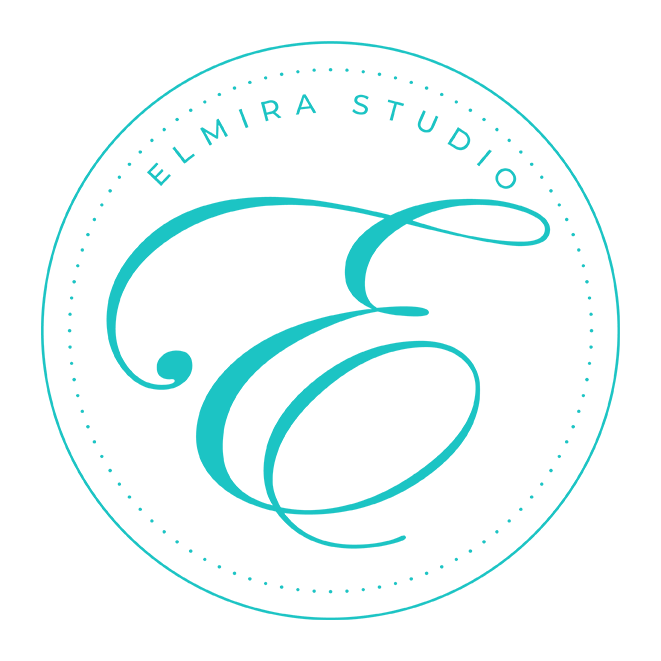Questions?
Low-level-light therapy or photobiomodulation is based on Light Emitting Diode (LED) technology and is the application of light energy to the body for therapeutic benefits. It promotes a natural photobiochemical reaction similar to the process of plant photosynthesis. The energy delivered by the LEDs has been shown to enhance cellular metabolism, accelerate the repair and replenishment of damaged skin cells, as well as stimulate the production of collagen — the foundation of healthy, smooth skin. Research has shown that LED light therapy may help smooth skin texture, improve skin firmness and resilience, increase lymphatic system activity, restore skin’s natural cellular activity, and reduce the appearance of fine lines, wrinkles, and superficial hyperpigmentation. The treatment is for all skin types, and is non-ablative, non-invasive, painless, and requires absolutely no downtime. Patients or clients can return to their normal activity immediately after the treatment.
Based on extensive research, low-level-light therapy devices have been cleared by the FDA, and shown to manage:
- Mild to moderate acne vulgaris
- Superficial, benign vascular and pigment lesions
- Periorbital wrinkles and rhytides
- Sub-optimal local blood flow and circulation
- Minor muscle and joint aches
- Minor muscle and joint pain
- Pain and stiffness associated with arthritis
- Minor arthritis or muscle spasms
- Minor chronic neck and shoulder pain of a musculoskeletal origin
LED devices are considered extremely low risk when used as intended.
No. Light therapy is non-invasive and is painless when used as intended.
Low-level-light therapy is based on light emitting diode (LED) technology developed for NASA-manned space flight experiments. In comparison to lasers, the patented LED technology generates negligible amounts of heat and is not considered a significant risk device.
No. Celluma utilizes a combination of blue, red, and near-infrared (not visible to the naked eye) light emitting diodes (LEDs) only.
Twenty (20) minutes.
Celluma should be in close proximity to the area being treated. Skin should also be free of clothing, makeup, or anything else that may deflect light away from the skin.
Many makeup formulas contain minerals that may deflect light. Clean, freshly washed skin is recommended for best results.
No. You can use Celluma while sitting or lying down. For example, there are two ways to use Celluma when targeting the lower-back region: sitting comfortably in a chair with Celluma curved horizontally around the lower back area, or lying down with the device placed on the lower-back region. The Celluma may also be placed vertically on the spine following the natural curvature of the body. The key benefit of its design is the unique ability to mold its shape to conform to the profile of the body. Do not lie directly on top, lean against or apply full body weight to the device.
The best position is the one that is most comfortable for the user. The user should be either seated or lying comfortably with adequate support. Never strain or twist in order to use the device. Instead, mold the device to the desired body part. For arms or legs, Celluma may be wrapped around the body part. Once positioned, sit back, relax, watch TV, use your laptop, or take a nap.
Position Celluma as close to your skin as possible, the closer the better. One key advantage to Celluma is its patented flexible design, which allows for close positioning to the skin, and may lead to more effective results.
Yes. You may resume all normal activities immediately following use.
Celluma should not be used on children under 12, or over the breast or stomach of a breast-feeding or pregnant person. Please refer to the User Manual for a complete list of contraindications.
Celluma emits specific wavelengths of light for targeted treatments: blue light at 465 m for acne, red light at 640 nm for skin conditions and wound healing, and infrared light at 880 m for pain and inflammation. Any blue, red, or near- infrared wavelength within the appropriate range can achieve comparable results. Wavelengths and light energy output depend on the specific treatment mode. For example, in Wrinkles mode, all three wavelengths are working together synergistically.
